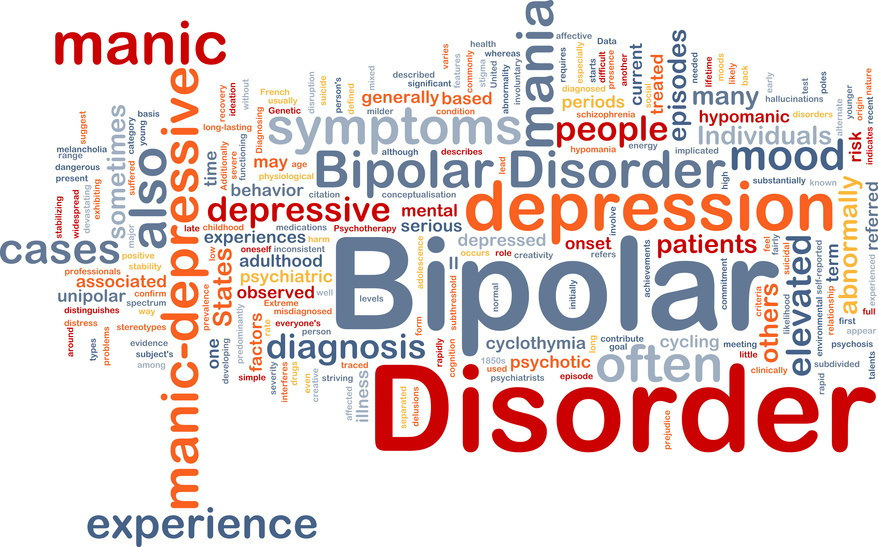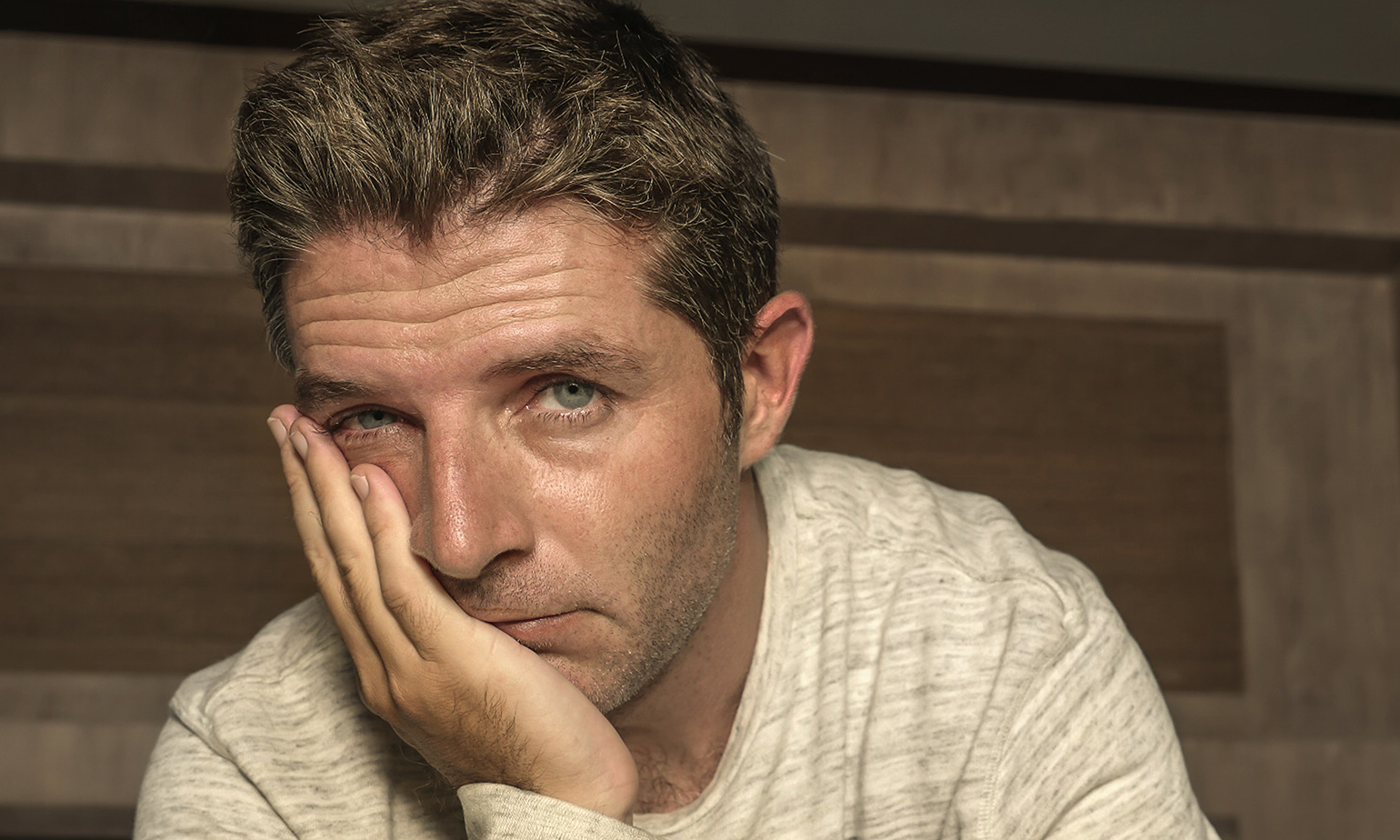Fantastic Tips About How To Handle Someone Who Is Bipolar

11 ways to support someone during mania.
How to handle someone who is bipolar. Just make sure that you keep your limits in mind and seek emergency medical help if the person seems violent or suicidal. Bipolar disorder and the family. When to get emergency help.
Open communication and honesty can help you maintain a healthy relationship when one person is managing the condition. Suicidal thoughts and behavior are common among people with bipolar disorder. Educate yourself the more you know about bipolar disorder, the more you’ll be able to help.
This can take place at therapy sessions, during regular checkups or whenever necessary to discuss troubling symptoms. Hallesblogafricaofficial on february 18, 2024: Those with bipolar 2 may not fully respond to medications often used to treat bipolar disorder.
Having someone to listen — even if they can’t actually do something to change how you feel — can make it easier to cope with bipolar disorder. Beyond the treatment you get from your doctor or therapist, there are many things you can do for yourself to reduce your symptoms and stay on track. Learn more about bipolar disorder.
Reacting calmly and rationally: Caring for someone with bipolar disorder isn’t easy, but know that there are resources available that can help improve everyone’s outlook. People with bipolar disorder do better when they have support from family members and friends.
This page is for friends, partners and family who want to support someone with bipolar disorder. Meaghan rice, psyd., lpc published on: Pay attention to what your loved one has to say.
May 24, 2022 medically reviewed by: Recent research from bipolar uk suggests there is an average delay of 9.5 years between people first contacting a health professional about symptoms and getting an accurate diagnosis of bipolar. Or contact a suicide hotline.
A friend can try to listen and help them. How does anger related to bipolar disorder manifest? They tend to recover more quickly, experience fewer manic and depressive episodes, and have milder symptoms.
Understanding the ups and down of bipolar disorder is key to managing your perspective of how you can help. Your doctor may refer you to a psychiatrist, who will talk to you about your thoughts, feelings and behavior patterns. Services that can help you may be involved with many different services during treatment for bipolar disorder.
C ontact mind's infoline or visit a local mind to see what support is in. Don’t dismiss all of their emotions and feelings as signs of their illness. With your permission, family members or close friends may be asked to provide information about your symptoms.


















